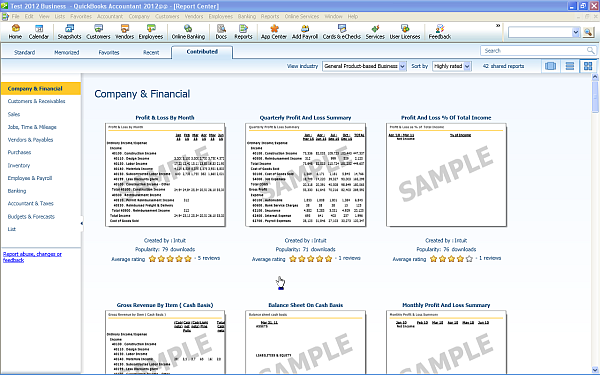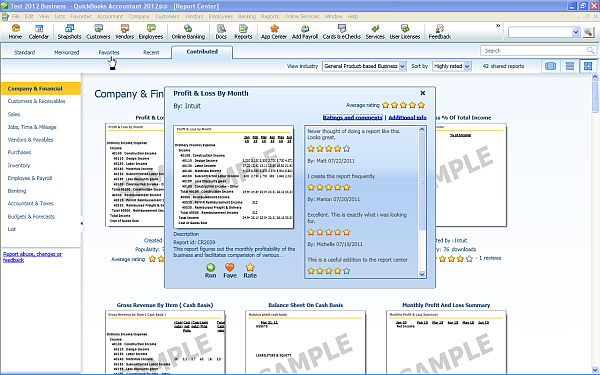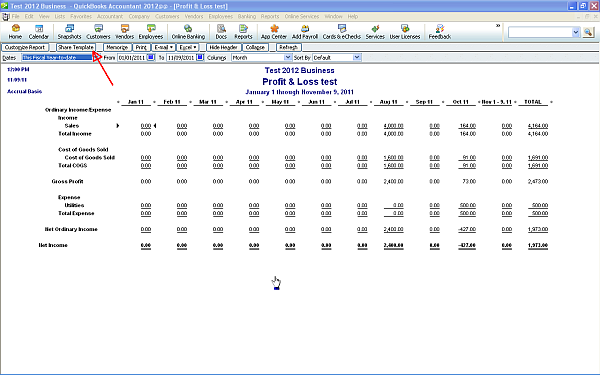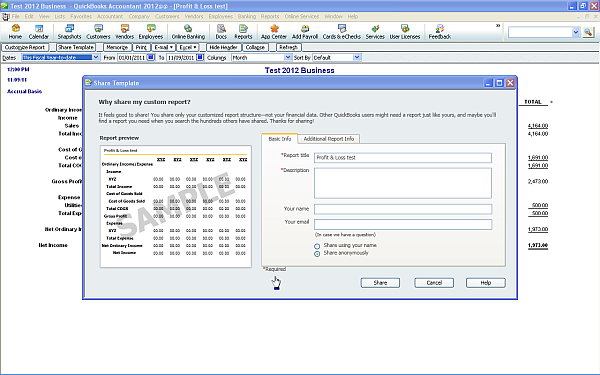So the 2011 tax year filing season has started. As you are getting the information and documents together to prepare your individual income tax return we will have a look at some of the tax changes for this year’s tax return.
- Filing Deadline – The due date for filing the 2011 tax return is April 17, 2012. It is two days later than normal because April 15, 2012 falls on a Sunday and April 16, 2012 is a holiday in the District of Columbia (why don’t the rest of us get that holiday!!).
- Reporting Capital Gains on Form 8949 – Rather than reporting individual capital gains and losses on Schedule D, most gains and losses are now reported on new Form 8949 and the totals transfer to Schedule D.
- Standard Deduction – This has increased for some tax payers. For example, single $5,800 (2010-$5,700), head of household $8,500 (2010-$8,400), married filing jointly $11,600 (2010-$11,400).
- Exemption Amount – This has increased to $3,700 (2010-$3,650).
- Alternative Minimum Tax Exemption – This has increased. For example for married filing jointly it is $74,450 (2010-$72,450), single $48,450 (2010-$47,450).
- Health Savings Accounts and Archer MSAs – Two big changes here. If you withdraw funds and don’t use them for qualified medical expenses the additional tax is 20% (it was 10%). Qualifying medical expenses no longer include over the counter medicines or drugs. They need to be prescribed by your doctor.
- Roth Rollovers – If you rolled over an IRA or 401(k) pension plan to a Roth IRA or account in 2010 and elected not to report that on your 2010 income tax return then half must be reported on the 2011 income tax return and half on the 2012 return.
- First Time Homebuyer Credit – There is no need to fill in Form 5405 if you are doing the annual repayment of the 2008 version of the credit. If you are repaying for any other reason for any version of the credit you need to complete From 5405.
- Foreign Financial Assets – In a continued effort to attack overseas tax evasion a new Form 8938 needs to be completed if you hold significant foreign financial assets. This will be relevant for Green Card holders who still retain pension funds in their home country. Note this form needs to be completed in addition to the FBAR filed in June each year.
- Some forms and items are no longer needed or available. Some will be missed but others won’t be, certainly by tax preparers.
- Schedule L is no longer needed as the standard deduction cannot be increased by real estate taxes paid.
- Schedule M is no longer available as the Making Work Pay tax credit ceased in 2010. It was replaced by the 2% social security reduction which Congress kindly extended until February 2012.
- The self-employed health insurance deduction no longer reduces the self-employment tax calculated on Schedule SE. However the deduction can still be claimed against income on the income tax return 1040.
This gives you a flavor of some of the changes to look out for this tax season. In subsequent articles we will explore some of these in more detail.
If you need assistance preparing your 2011 Income Tax Return look at our tax services page to see our latest offers and call (480) 363-4808 to make an appointment. If you live in Chandler, Tempe, Mesa, Gilbert or Queen Creek, AZ we will come to you to prepare your income tax return. If you live elsewhere we can prepare the tax return using information you upload to our secure client portal or mail to us. We look forward to helping you prepare your income tax return.
Disclaimer – This article does not constitute personal tax advice to the reader and is only offering general information. You should seek professional advice for your own situation as the most appropriate tax planning depends on your personal and unique circumstances.
 Cranmere Accounting & Tax Services
Cranmere Accounting & Tax Services




